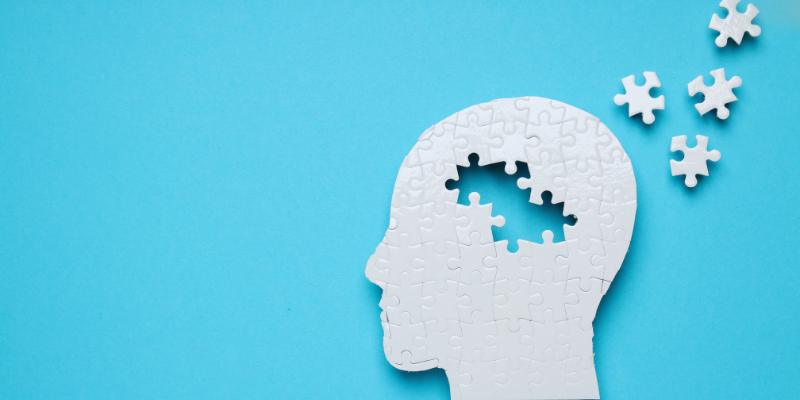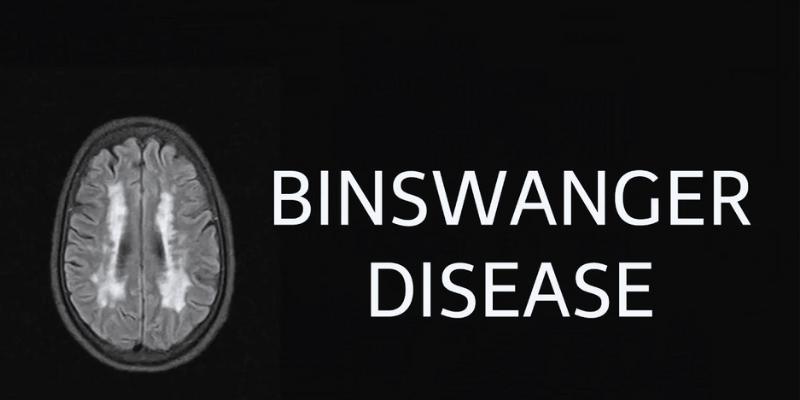Understanding Confabulation: Conditions That Cause Memory Distortions
Confabulation is the production of false memories devoid of consciousness by an individual. They consider these recollections to be actual. It is not lying because the person is unaware of the mistake. Common in brain diseases compromising memory and cognition is confabulation. Small mistakes to completely incorrect narratives might all fall inside it. Many disorders can lead to confabulation. Among them are some brain injuries, dementia, and mental health illnesses.
Knowing these diseases enables one to control symptoms. Recognizing confabulation will help doctors and caregivers give appropriate support. This article will discuss conditions causing confabulation. It will clarify how these disorders impair the brain and cover methods of controlling memory distortions. Understanding confabulation will enable one to provide better treatment for people afflicted.

Conditions That Cause Confabulation
Below are the conditions that can cause confabulation, leading to memory distortions and false recollections without the person realizing it:
Brain Injuries and Trauma
Areas in charge of memory can be compromised by brain injury. A head injury could influence the way the brain recalls and stores events. It can cause confabulation—that is, erroneous details filling in for missing memories. One often occurring reason is traumatic brain injury (TBI). A head hit strong enough could harm the frontal lobe. This region governs memory and reasoning. Damage can cause someone to find missing details difficult. Unaware of it, they could generate false memories. Confabulation can also follow from a stroke—damage results from a stroke, cutting blood flow to the brain. If memory is part of the impacted area, the individual can experience confabulation. They might confuse information or remember incidents that never transpired.
Dementia and Confabulation
Dementia compromises reasoning, memory, and cognition. People fight to remember facts when brain cells die. Confabulation, in which they unintentionally generate misleading memories, can follow from this. The leading cause is Alzheimer's disease. It compromises areas of the brain required for memory. One can confuse past with present happenings. They might remember early events as though they happened just now. Memory problems also arise from other forms of dementia, including vascular dementia. People may fill in memory gaps with inaccurate specifics. It is the outcome of brain alterations; it is not deliberate. In dementia patients, caregivers frequently find confabulation. A loved one who boldly remembers false events might be upsetting. Knowing the reason helps one to respond patiently and with encouragement.

Korsakoff’s Syndrome
One severe memory condition is Korsakoff's syndrome. Lack of vitamin B1 and thiamine causes it. Those with long-term inadequate nutrition suffer from this disorder. It is sometimes connected to brain damage associated with ethanol. People suffering from Korsakoff's condition battle with memory creation. They often confabulate to cover for lacking specifics. They could spin complex tales that never happened. It results from brain damage; it is not deliberate. Other ethanol-related brain diseases can also bring on confabulation. Consistent heavy ethanol usage over time compromises brain regions connected to memory. False memories and confusion might follow from this. Doctors treat Korsakoff's syndrome with tablets, including vitamin B1. However, memory issues could not be resolved.
Schizophrenia and Other Mental Health Disorders
Confabulation can also arise from mental health problems. One disorder where memory distortions would show up is schizophrenia. People living with Schizophrenia could have trouble understanding reality. They might remember never occurring occurrences. Accuracy of memory suffers from hallucinations and delusions. Someone might have misleading experiences. Confabulation may follow from this. They might combine imagined with actual recollections. Other mental illnesses, including bipolar disorder, can also bring on memory distortions. Recall is affected by mood fluctuations and changed thinking styles. When people remember earlier events, they could unwittingly add misleading details. Treatment of the underlying condition helps control confabulation. Medication and therapy help to increase memory capacity.
Neurodegenerative Diseases and Memory Distortions
Over time, neurodegenerative disorders impair brain cells. These disorders compromise behavior, memory, and reason. Diseases including Parkinson's and Huntington's illness often cause confabulation. Parkinson's illness alters mobility but can also compromise memory. Some experience confusion and mistaken memories. They would find it difficult to differentiate dreams from actual happenings. One genetic condition is Huntington's disease. Over time, it causes brain cells to disintegrate. Confabulation results from memory difficulties. The person could remember events wrongly without knowing it. Memory distortions can also result from other neurodegenerative disorders, including multiple sclerosis. Control of the underlying disease can help to lessen confabulation.
Childhood Brain Development and Confabulation
Sometimes, brain growth causes children to confabulate. Young children have poor memories. To cover holes, they could unwittingly fabricate stories. Children with these disorders could find recall difficult. They could confabulate without seeing the error. Childhood brain damage can also produce distortions of memory. A toddler with a head injury could recall events wrongly. As they get older, this can still be present. Encouragement of improved memory abilities for children helps to lower confabulation. Encouragement of accurate recollection can help parents and teachers assist them. Structured routines and cognitive tests could also be beneficial.
Managing and Treating Confabulation
There is no one fix for confabulation. However, controlling the underlying illness will assist. Doctors could advise treatments meant to boost memory. Some people find great benefits from cognitive behavioral treatment (CBT). It enables their recognition of false recollections. Patients discover methods to confirm their memories. In some circumstances, medication could be required.
People with dementia may turn to medicines to slow down memory loss, for instance. Mental health problems could call for mood stabilizers or antipsychotics. Caregivers' support is vital. Being patient enables someone to feel understood. Mild correction of incorrect recollections helps to avoid frustration.
Conclusion:
Confabulation is a complicated problem resulting from brain diseases. It alters cognition and memory. People unintentionally generate false recollections. Confabulation can result from diseases, including mental health issues, dementia, and brain traumas, as well as from events. Knowing these factors enables one to control symptoms. Good therapy and maintenance help to enhance memory capacity. One depends on the support of doctors, caregivers, and therapists. Cognitive therapy and medication may be beneficial. Understanding confabulation improves patient treatment. Offering safe surroundings benefits the impacted people.












